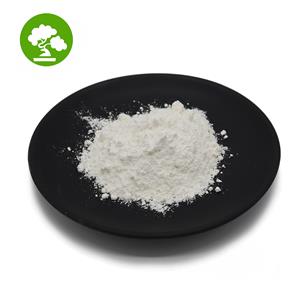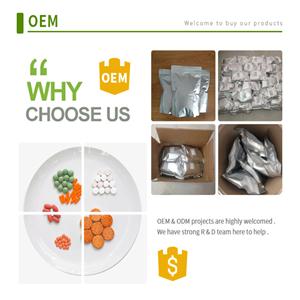Megestrol acetate, an oral female hormone-like drug molecule, is currently used to improve appetite and increase weight gain in patients with anorexic-cachexia syndrome. Anorexia cachexia syndrome is a common clinical disorder characterized by loss of appetite and weight loss. It is commonly seen in patients with advanced cancer and other conditions. Megestrol acetate is primarily used to treat hormone-dependent tumors, including advanced breast cancer and advanced endometrial cancer. In addition, megestrol acetate also has a certain effect on kidney, prostate and ovarian cancer, and the drug can also effectively improve the appetite of patients with advanced tumors.
Indication
Megestrol acetate is mainly used to treat advanced breast cancer and advanced endometrial cancer, and also has some effect on kidney, prostate and ovarian cancer. And can improve appetite and cachexia in advanced cancer patients.
Pharmacological action
This product is a semi-synthetic progesterone derivative, which has a certain inhibitory effect on hormone-dependent tumors. Its mechanism of action is the same as that of meprogesterone, which may control the development and growth of ovarian follicles through its influence on the secretion of pituitary gonadotropin, thus reducing the production of estrogen. It acts on androgen receptors, prevents their synthesis and reuse, interferes with their binding with estrogen, inhibits tumor cell growth, and antagonizes glucocorticoid receptors, interfering with the interaction between steroid hormone receptors and regulatory proteins related to cell growth and differentiation.
Adverse reaction
Weight gain is a common side effect of this product and is often accompanied by increased appetite. This weight gain is due to an increase in body fat and somatic cell volume and is not necessarily accompanied by fluid retention. This side effect is often beneficial for cancer patients with bad fluid and cancer patients with weight loss and loss of appetite. Thromboembolism is rarely reported, including thrombotic phlebitis and pulmonary embolism. Other adverse reactions include occasional nausea, vomiting, edema, and sudden uterine bleeding, which may occur in about 1-2% of patients. Dyspnea, heart failure, hypertension, face fever and flushing, mood changes, Cushing's face, tumor recurrence with or without hypercalcemia, hyperglycemia, baldness, carpal tunnel syndrome, and rash were rare. Rare mild adrenal hypofunction, possibly due to glucocorticoid-like activity of this product.
Storage Condition | Keep in a cool and dry place |
Transportation | By Sea or by Air(DHL/UPS/TNT/FEDEX/EMS) |
Delivery Time | 7-28 days |
Payment | T/T, Western Union or Bitcoin |







 China
China











